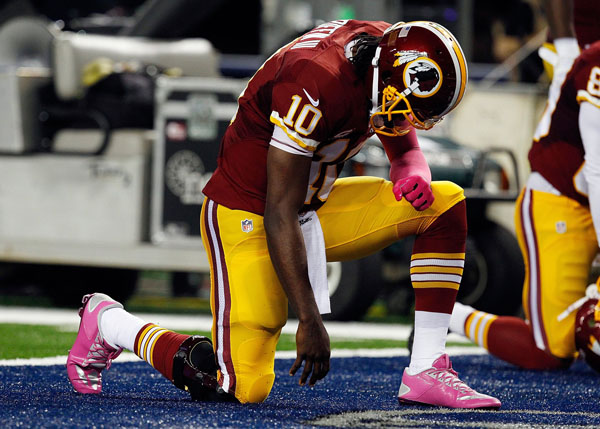The controversy of whether or not Native American names, clothing, and rituals should be incorporated into non-Native American things has been going on for a very long time. This question is not a difficult one to answer. If we just take a glance back to history, it should be pretty obvious that it is disrespectful to appropriate Native American culture for the benefit of our own.
In the past, many sports teams mascots have been changed due to the dissent of many people over whether or not Native American culture should be used. One famous example is of the Fighing Illini, whose football team mascot was a Native American. After several student protests and further objections from faculty, the Illini mascot was changed. A similar dilemma occurred here in Niles West several years ago, when we used to be the “Niles West Indians.” Students protested, along with many teachers, and the mascot was changed to the Wolves. Personally, I feel the Wolves are a much better choice.
Recently, this same controversy arose again for the Washington Redskins. The nation’s capitol’s football team mascot are the Redskins, which is a Native American term that refers to Native Americans. When President Obama was asked whether or not the team should keep the name, he said “I’ve got to say that if I were the owner of the team….I’d think about changing it,” according to Yahoo News. While many people don’t think that the still-living Native Americans are offended by the name of the mascot, it does not excuse the fact that it is disrespectful.
Whether or not Washington retains that name, it should still be considered why they are using that name. Is it because the Native Americans were strong warriors? Because they had such a rich history and were brave fighters? Yes, the Native Americans had some remarkable traits. For anyone who has taken any sort of U.S. History class, it should ring a bell that the Americans did not have a very good relationship with the Natives and did not appreciate these exact traits. Because of their brutality against them, the Native American population, which was once so great, slowly decreased so today there are barely any actual Native Americans left. Many will argue that the past should stay in the past, and that times have changed. However, it is still important for us to show our respect to the deceased and living Native American populations by not taking parts of their culture, the same culture that our ancestors had tried so hard to disintegrate. By turning parts of their customs and cultures into mascots, we are equating them to the standard of animals, since mascots are often represented as animals.
Washington Redskins are considering changing their mascot, and this will probably be a wise move. Even though many of their fans have gotten attached to the mascot, it should not be a deciding factor as to whether or not the mascot will be changed. Even if the mascot is changed, the team stays the same. Rather, it’s a much more respectful move to change the name of the mascot and recognize that the Native Americans were a people of their own, instead of being like animals that we could use to describe our athletes.
We often forget that the Native Americans were not accepted in this society at one time. Many of us will think of using them as mascots as a way of revering them, as a way of apologizing to them. But we are then apologizing by assimilating an aspect of their culture into our cultures, which is exactly what we should be apologizing to them for. If we really want to apologize to them, we need to stop using parts of their culture for our own entertainment and pleasure.
There might be good reasons to still allow sports teams to carry the Native American mascots, but out of pure respect, it is wiser to just refrain from doing so.



Don't be so sensitive... • Oct 31, 2013 at 5:27 PM
In a poll of Native Americans, 90% did not find the team name Redskins offensive…90%..,if they are not offended why should you or anyone else be offended.
http://usatoday30.usatoday.com/sports/football/nfl/redskins/2004-09-24-redskins-indians-poll_x.htm